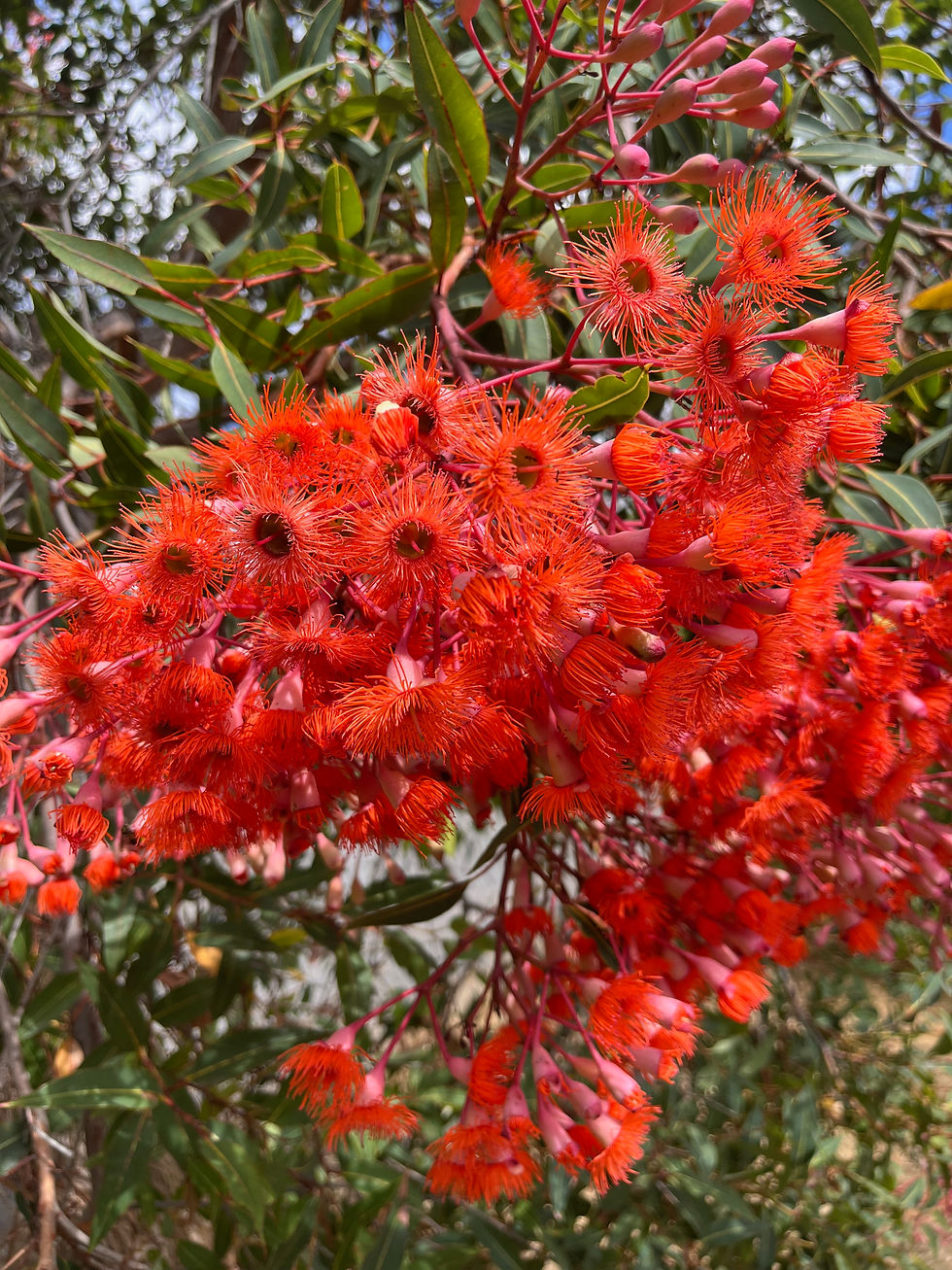Natural Wine
- May 25, 2021
- 3 min read
At first we were drawn to the idea of natural wine.

In an industry as old as wine, there are a lot of rules of what wine has to be, how certain varieties have to taste and what a wine should look like. It’s incredibly constricting. In the early days somm’s would tell us not to touch chenin blanc because drinkers wouldn’t be interested. Winemakers would laugh when we talked about using Touriga nacional.
‘Just stick to Cabernet mate, it’s tried and true’
Initially natural wine had the allure of a world where anything was possible, inclusivity as opposed to exclusivity. There were no rules, no conventions, no traditions. You were welcome to make wine the way you wanted to, use the varieties you were interested in and combine them any way you wish. At the bar there were a group of drinkers who were willing to take the risk.
The problem with natural wine is that it has become more pretentious than the existing wine world ever was. With more rules of what is ok, what is cool and what definitely is not. Natural wine has become more exclusive with so much bloody wank involved. Wine is made to bring friends together, to talk, to relax. Most people at the table don’t give a shit if you got the last bottle of Frank Cornelissens Susucaru on allocation from your local wine store. They are there to see how you are and let the wine at the table provide lubrication to the conversation, not dominate it.
It isn’t sustainable economically, environmentally or socially to craft wines in the manner that the natural winemaking community portrays. The rule of zero adds, leads to waste in the winery, disease in the vineyard and wines that often become undrinkable. It adds an incredible amount of risk to process of making wine. What’s the point of spending an entire year growing a grapes by hand, tending to the vine, hand picking the fruit, to bring it into the winery if it turns to vinegar. On the other end of the spectrum is large scale industrial winemaking. Boring safe wine made by machines for the lowest cost possible, with the addition of chemicals to provide consistency in product. This is obviously no better. But can’t there be a middle ground?
The reason we make decisions in the winery, isn’t due to wanting to make ‘natural wine’ it nearly always comes down to taste. We don’t add shit to our wine, because most of the time it strips flavour, we don’t fine our wine because it takes away the purity of the vineyard. We try to conduct ‘natural ferments’ because you obtain more complexity in the resulting wine. We hand pick our fruit because most of the vineyards we pick from can’t be picked with a machine harvester due to their location and the small quantities of grapes picked. The way we make wine is just common sense, most traditional winemakers of my father’s generation and grandmother’s generation are/were making wine in the exact same way. It’s not cheap making wine like this, but it leads to wines that are expressive, flavoursome and hopefully of a high quality too.
Do we add sulfur- yes. Do we sometimes add yeast if a ferment looks like it won’t finish?- yes. Do we filter our wines sometimes? –yes. Does that make us ‘natural’? No. The reason we do this is for the quality of the resulting wine. It’s so the drinker can enjoy it even more. It’s so we don’t have to tip an entire year of hard work literally down the drain. If you would like any further information about what we add to our wine and why, we have a transparent list on our website.
Our wines are built around the ethos of Luck, Art and … SCIENCE (L.A.S.). We strive to make wine from grapes and nothing else. Our main reason for this is believing the wine tastes better if it’s just the grapes from unique little vineyards. Sometimes however, we need to do additions to avoid spoilage bacteria and microbes. The main reason we chose to make these additions is to lower the risk of spoilage and create a product that is more sustainable; environmentally, economically and socially. We believe in a wine world that is inclusive not exclusive. Without wank.





Comments